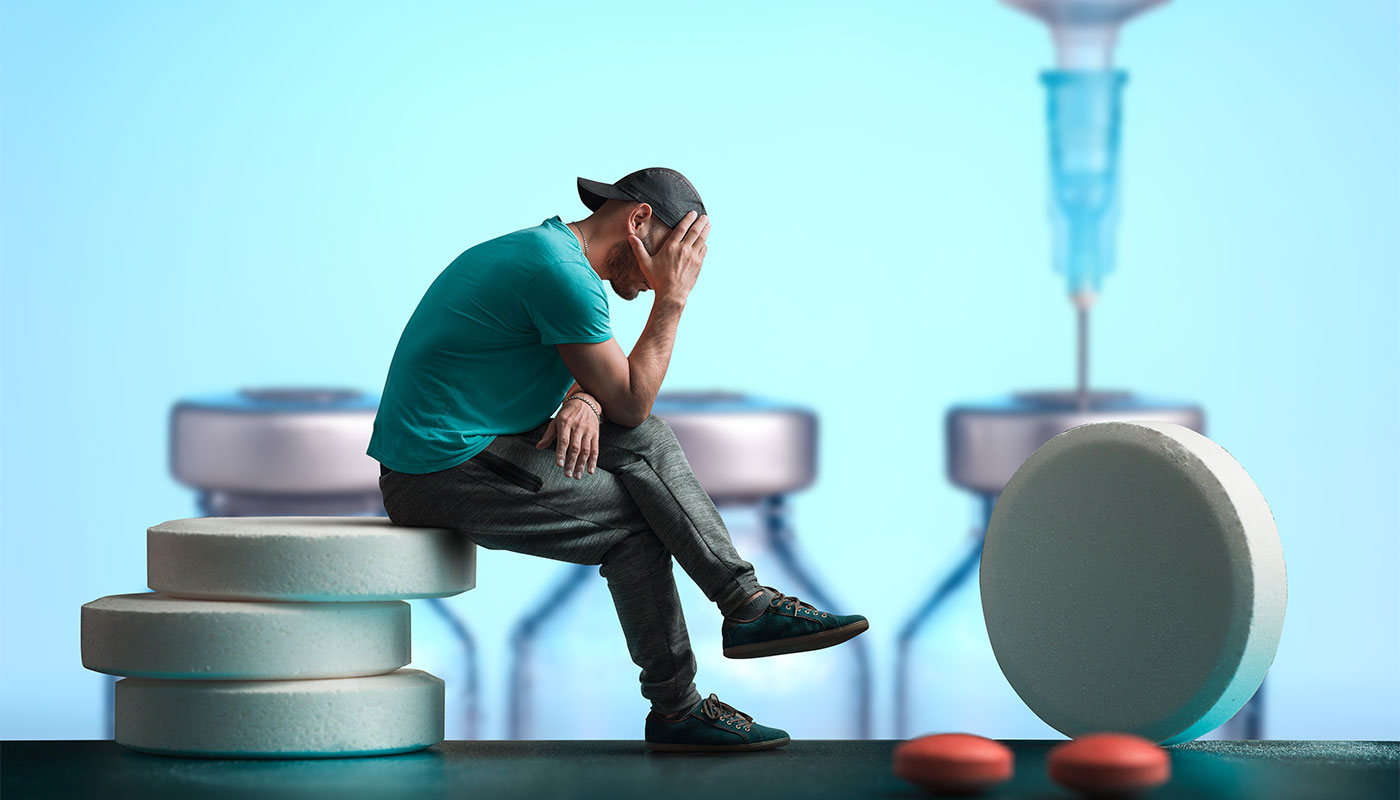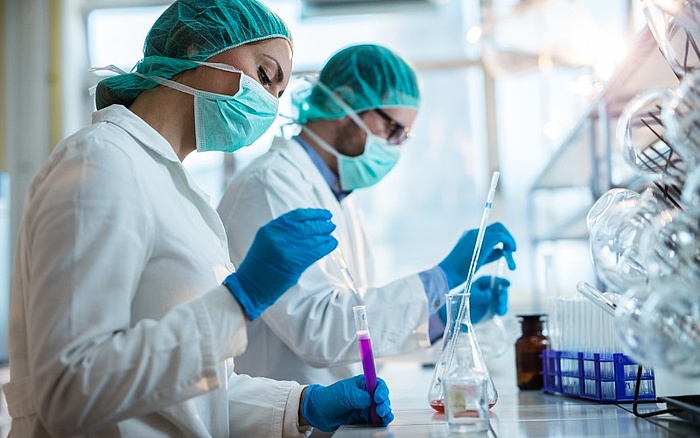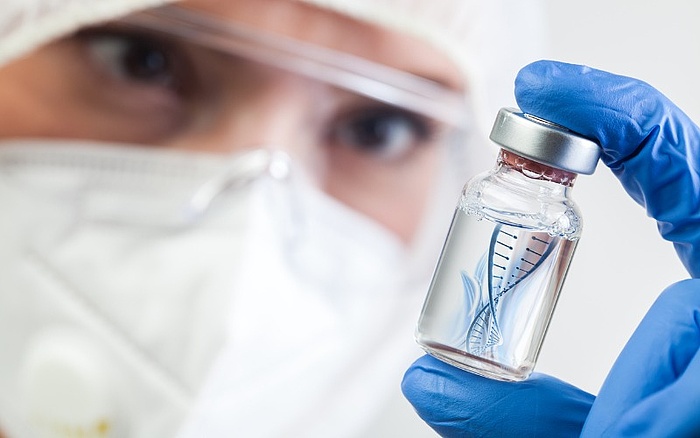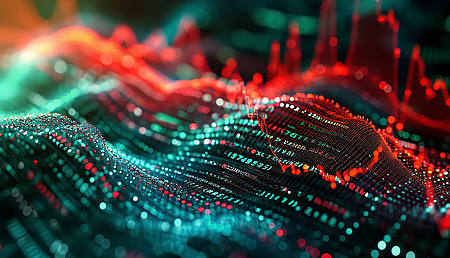
How fake vaccines are detrimental to public health
Trailing closely behind any radical innovation is a rash of imitators, thieves and fraudsters – a sad fact of life to which the medical sector is not immune. The dangers posed by the fake vaccine market add another alarming dimension to an already immensely complex global health crisis.
Intellectual Property (IP) infringement and counterfeiting have long been of grave concern to those in the pharmaceutical industry as well as public health officials around the world. As we enter the third year of the COVID-19 pandemic amid the spread of the Omicron variant, the newest prominent strain and perhaps the most contagious to date, the proliferation of fake COVID vaccines puts countless lives at risk. Individuals planning to get vaccinated or boosted — not to mention health care professionals, drug manufacturers and IP experts — must be fully cognizant of this threat to public health.
The spread of fake vaccinations
It is not exactly surprising that a trade in counterfeit COVID vaccines emerged early in 2021 after vaccines by Pfizer, Moderna, Johnson & Johnson, AstraZeneca and other drugmakers became available. After all, counterfeit medicines and treatments have existed for centuries. Of course, we distinguish here between unscientific therapeutics, superstitious remedies and other nostra, on the one hand, and quackery and deliberately fraudulent presentations of proven treatments, on the other. For instance, the antiquated practice of drilling a hole in the skull to relieve headaches was often conducted in good faith and the genuine, though misguided, belief of its salubrious effects.
For a historical example of knowing fraud, we can look to the rampant misrepresentation of cinchona bark in the 17th century after it was identified as a remedy for malaria. But even this instance significantly predates the first true vaccine, which was developed by Edward Jenner in 1796 to combat smallpox. For the unscrupulous, crisis brings opportunity, and the ongoing pandemic is a disaster of incredible scale. That said, just because bad medical actors have been around for as long as medicine itself does not mean that their actions should be ignored.
Although counterfeit vaccine and medicine markets exist across the globe, they are particularly common in the developing world. According to the World Health Organization (WHO), about 10% of the medicines and other medical products – including vaccines – circulating in low- and middle-income countries are either fake or substandard. Though the WHO only began tracking the presence and spread of falsified and substandard vaccines in 2013, the international organization has since trained 550 regulators to detect and report these fakes. This information can then direct national and international law enforcement agencies against perpetrators and allow health systems to ensure the delivery of effective medicines.

The globalization of the pharmaceutical industry and advancements in technology have made it easier than ever for criminals to obtain, alter and counterfeit life-saving medicines.
The first WHO alert of a falsified COVID-19 vaccine was issued on March 26, 2021, after officials in Mexico confirmed suspicious medicine labeled as Pfizer's vaccine to be counterfeit. Mexico, a nation long saddled with illicit trade in medical products, has latterly become host to a massive black market for fake COVID treatments. It is not, however, the only victim.
Since early 2021, the fraudulent coronavirus vaccine market has spread worldwide:
- After breaking up a smuggling ring early last year, China has prioritized tracking down counterfeit versions of its Sinopharm vaccine.
- Interpol stopped a vaccine counterfeiting operation that had spread across 10 countries in southern Africa: Angola, Botswana, Eswatini, Lesotho, Malawi, Mozambique, Namibia, South Africa, Tanzania and Zimbabwe.
- Poland, Iran, Uganda, India and Myanmar have all reported counterfeit vaccines within their borders.
- A nurse in Ancona, Italy, was arrested on January 12, 2022, for staging fake COVID-19 vaccination appointments.
- Corrupt doctors in Israel and the United States have been caught selling used vials of real vaccines to scam artists.
These are just a few of the major incidents authorities have uncovered so far. Still, it is not unreasonable to assume that counterfeit medications are present wherever there are genuine remedies and, sadly, genuine need. Related to this problem, public health and law enforcement officials are also concerned about the distribution of fake vaccine cards – a practice that appeals to unvaccinated individuals who wish to visit restaurants and other public places that mandate their display. France, for example, is a major source of fake COVID vaccination cards.
Fighting against counterfeiters
Those who sell or administer fake COVID vaccination shots violate the law and expose themselves to a broad range of legal repercussions.
In the Italian case, the nurse, together with four alleged accomplices, was charged with embezzlement, corruption and falsifying information rather than with dealing in counterfeit vaccines. Those who do produce or sell such illicit products can be charged under anti-counterfeiting laws specifically addressing falsified medicines and vaccines such as the Federal Food, Drug and Cosmetic Act in the United States or France's Public Health, Customs, Intellectual Property and Consumers Codes.

Counterfeit medicine is a multi-billion dollar industry that endangers the health and wellbeing of millions worldwide, while also undermining efforts to ensure access to affordable medicines.
The penalties for violating anti-counterfeiting laws like these vary. For example, the U.S. drug counterfeiting law stipulates up to ten years' imprisonment, a substantial fine, or both. In practice, since additional charges, like racketeering or mail fraud, may also apply in such cases, the total sentence and fine could be even higher. In France, the Customs Code alone mandates three to five years' imprisonment and a fine between €300,000 and €500,000 for individuals who commit IP infringement. Adding further penalties from the Public Health Code, IP Code and Criminal Code could result in even stiffer sanctions. Last but not least, civil suits for patent or trademark infringement are all but guaranteed.
A threat to IP and health
Over the last two years, there has been passionate debate regarding the voluntary release of COVID-19 vaccine patents. Proponents – including the United States, Russia and China – believe it could significantly reduce the death toll in the poorest nations, where access to vaccines lags far behind that in wealthier countries, while those opposed believe that temporarily waiving IP rights could hamper innovation.
Of course, no such argument exists regarding the criminalization of counterfeiting. Fake vaccines necessarily limit the ability of pharmaceutical companies to monetize their IP and recoup the costs of research and testing. It goes without saying that this loss of revenue is detrimental to maintaining a reasonable pace of innovation in the long run. Most disturbingly, these fake treatments put lives at risk. Unregulated, potentially dangerous substances may be used in their manufacture, and even if the phony vaccines are made of inert ingredients, they provide no protection against COVID-19 and can even promote the virus' spread by creating a false sense of security.
The harm that could come to your brand and – most importantly – your customers due to pharmaceutical counterfeits is too great a risk to ignore. Stop your IP from being violated in France with the help of Dennemeyer's French desk. In conjunction with our global partner network, our Paris office can devise an individualized IP management and protection strategy that suits your unique needs to promote your organization's health and success.
Filed in

What are the three pillars of IP innovation, and how can C-suite members maximize the value of assets that are, by definition, less than concrete?



